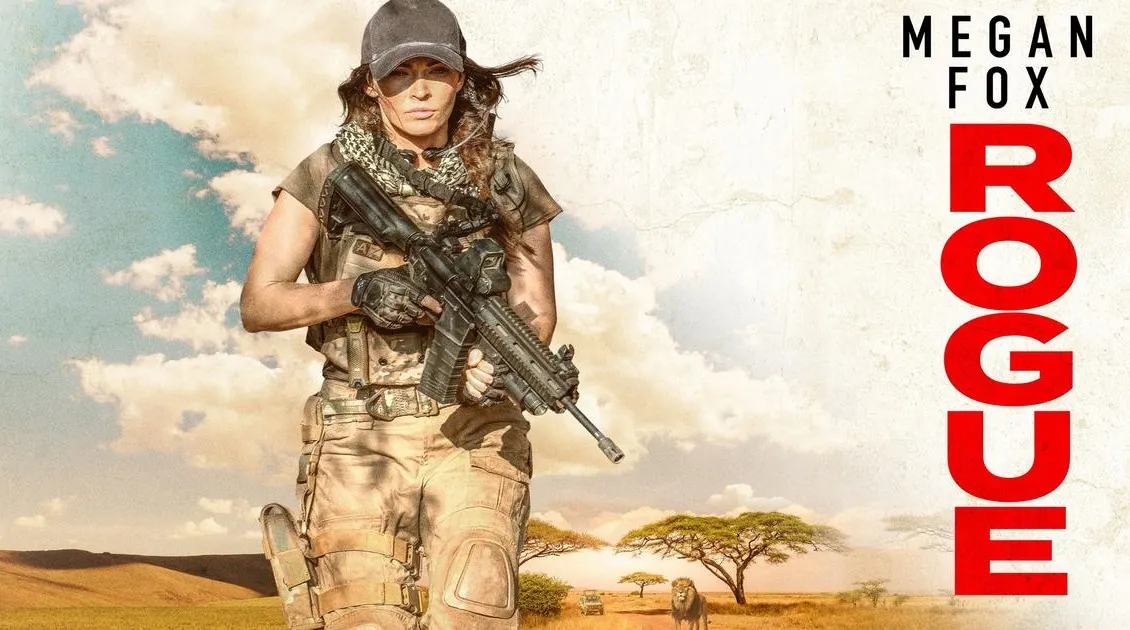Directed by John Michael McDonagh and based on the 2012 novel by Lawrence Osborne, The Forgiven (2021) is a haunting exploration of morality, cultural division, and personal reckoning. With a star-studded cast led by Ralph Fiennes and Jessica Chastain, the film unfolds like a slow-burning confession — tense, uncomfortable, and deeply human.
Set amidst the opulence of Western expats and the stark realities of rural Morocco, The Forgiven confronts the consequences of arrogance, the blindness of privilege, and the quiet, devastating power of regret.
The story centers around David Henninger (Ralph Fiennes), a cynical, alcoholic British doctor, and his estranged wife Jo Henninger (Jessica Chastain), as they travel through Morocco en route to a lavish weekend party hosted by their wealthy friends, Richard Galloway (Matt Smith) and Dally Margolis (Caleb Landry Jones).
On their drive through the desert, David — drunk and irritable — accidentally strikes and kills a young local boy named Driss, who had been standing by the roadside, seemingly trying to sell fossils. Instead of reporting the incident to authorities, David and Jo continue on to the villa, where the hosts encourage them to brush it under the rug and enjoy the weekend.
However, when Driss’s father, Abdellah (Ismael Kanater), arrives at the villa the next day demanding justice — or at least a form of acknowledgment — the situation changes. David is persuaded to travel with the man and bury the boy in his village. What begins as an obligation soon becomes a journey of conscience that forces David to confront not just the death he caused, but the life he has led.
At its core, The Forgiven is a character study of moral corrosion, particularly among the privileged elite who move through foreign lands with impunity. The film doesn’t preach, but it observes — coldly, quietly, allowing the audience to feel the weight of every unspoken tension.
The Moroccan desert becomes both setting and symbol: vast, ancient, and indifferent. It stands in contrast to the decadence of the villa, where Westerners sip wine, gossip, and debate ethics like a game — all while a boy’s body cools in the sand.
David’s transformation is slow but essential. As he spends time among the villagers — and particularly with Abdellah — he begins to see himself not as a victim of circumstance, but as a participant in something far uglier: a lifetime of entitlement and detachment.
-
Ralph Fiennes delivers one of his most quietly devastating performances in years. As David, he captures the bitterness of a man long estranged from decency, yet still capable — barely — of redemption. His arc, while subtle, is deeply affecting.
-
Jessica Chastain plays Jo with icy brilliance, drifting between apathy and introspection. Her flirtations and detachment mask a deeper unhappiness, and her choices throughout the film reflect a woman painfully aware of the artifice around her.
-
Ismael Kanater, as Abdellah, is the emotional heart of the film. His grief is palpable, his dignity unwavering. He never demands pity — only respect. His interactions with David are quietly explosive, filled with suppressed rage and profound sadness.
-
Matt Smith and Caleb Landry Jones, as the villa hosts, embody the film’s critique of privileged hedonism. They are charming, detached, and casually cruel — symbols of a class that thinks money can wash away any stain.
John Michael McDonagh’s direction is restrained but razor-sharp. He lets scenes breathe — and fester — refusing to rush moments of discomfort. The contrast between the chaotic indulgence of the villa and the solemnity of the desert creates a visual and thematic tension that builds throughout.
Larry Smith’s cinematography is gorgeous and unforgiving. The Moroccan landscapes are rendered with a painterly eye — beautiful, yes, but never romanticized. The camera lingers on faces, sand, and silence — as if daring us to see what lies beneath the surface.
Without spoiling the precise ending, The Forgiven closes not with a dramatic twist, but with a sense of inevitability. David’s journey comes full circle in a way that feels both tragic and deserved. He is not forgiven in a cinematic sense — but perhaps he begins to forgive himself, or at least understand the depth of the damage he has caused.

The film avoids neat resolutions. It doesn’t offer absolution. Instead, it reminds us that accountability is uncomfortable — and that sometimes, the only real penance is facing the truth, alone.
The Forgiven is not an easy film, nor is it meant to be. It doesn’t shout, but it unsettles — lingering in the viewer’s mind long after the final frame. It’s a reminder that beneath wealth, charm, and intellect can lie rot — and that some actions demand more than silence and time to heal.




-1750746557-q80.webp)

